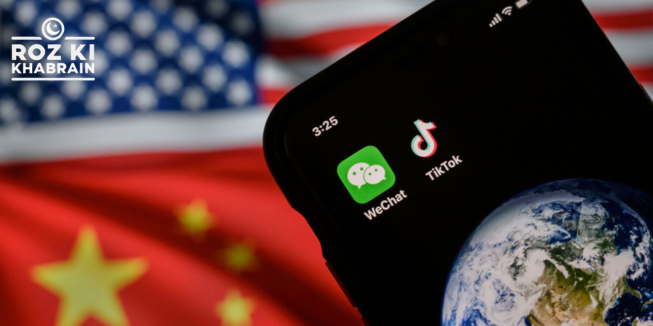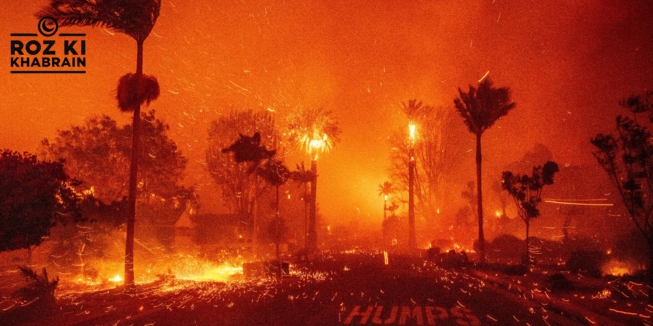WASHINGTON: A lawyer representing TikTok and its Chinese parent company, ByteDance, warned during Supreme Court proceedings that a law imposing a ban on the app or requiring its sale could set a dangerous precedent for other companies.
The law, under debate before the nine justices on Friday, mandates that TikTok’s parent company divest or face a national security-related ban by January 19.
TikTok and ByteDance have requested a delay in the law’s enforcement, arguing that it infringes upon the First Amendment right to free speech guaranteed by the US Constitution.
Noel Francisco, counsel for TikTok and ByteDance, cautioned that if the Supreme Court upholds the law, it could pave the way for similar actions against other companies based on national security concerns.
The justices expressed a tendency to support the law but raised serious concerns regarding its implications on free speech.
TikTok, which has around 170 million users in the US, is the center of this legal battle, with bipartisan support in Congress backing the law. The measure targets potential risks from the Chinese government exploiting TikTok for espionage or covert influence campaigns.
Democratic President Joe Biden signed the bill into law, with his administration defending it in the current case.
The law mandates that ByteDance divest from TikTok by January 19, one day before former President Donald Trump, who opposes the ban, assumes office.
Solicitor General Elizabeth Prelogar, defending the law, argued that the January 19 deadline was essential for ByteDance to comply and give up control of the app.
Prelogar emphasized the importance of limiting foreign adversaries’ influence on mass communications channels, stating that the divestiture could prompt ByteDance to act.
If the ban takes effect, major app stores like Apple and Google would be prohibited from offering TikTok for new users, though existing users could still access it. However, over time, without updates or support, the app would degrade and eventually become unusable.
On December 27, Trump urged the court to delay the January 19 deadline to allow his incoming administration time to seek a political resolution to the issue.




